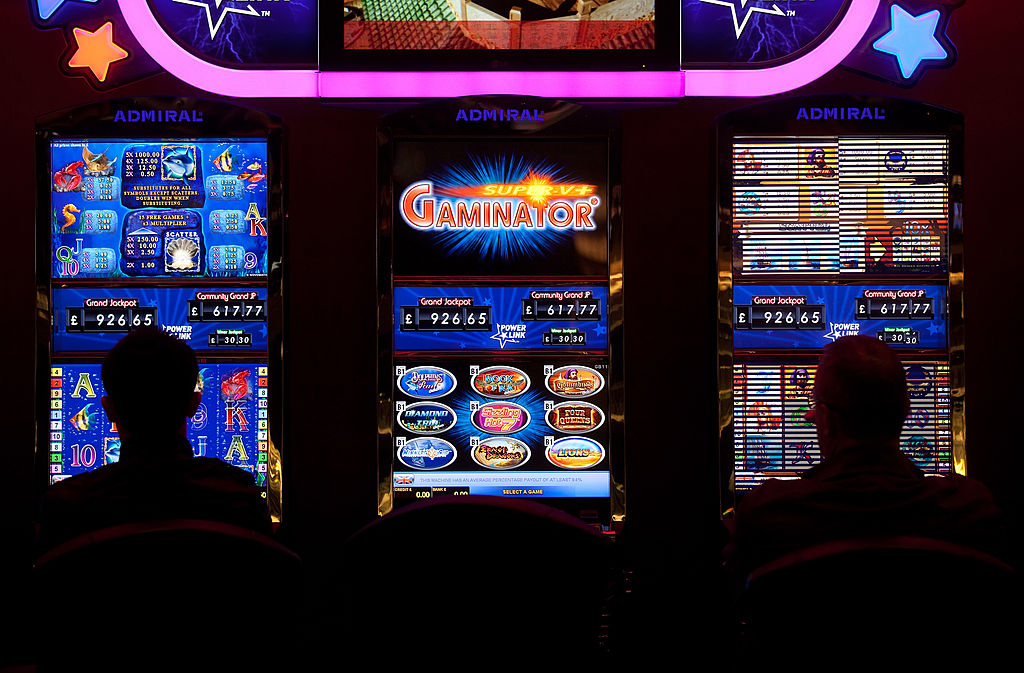In theory, racking up huge losses in betting binges, like Mark, Ryan and Robert’s, was about to become more difficult, with affordability checks set to be introduced as part of the government white paper on gambling reform published a year ago. It proposed that players who lose £1,000 within 24 hours, or £2,000 over 90 days, should face financial checks. Those who have a net loss beyond £125 each month, or £500 per year, will have to go through “frictionless” checks. Alongside affordability checks, the white paper also included significant proposals for a mandatory levy on gambling operators to fund addiction treatment, education and research.
Now, of course, we have an election on our hands, which will likely delay the implementation of some of the reforms. At the same time, however, many do not require primary legislation and are due to come into force later in the year anyway. But will they make any real difference?
Many anti-gambling campaigners argue that by the time customers demonstrate problematic betting behaviours, it is already too late: they will already have a gambling disorder, and though their betting may temporarily be stopped, the underlying condition doesn’t disappear. Gambling With Lives, for example, is a charity set up in 2018 by families bereaved by gambling related suicide. While they applaud the £100 million earmarked to fund research, education and treatment around gambling addiction, activists are otherwise sceptical about the planned legislation’s overall worth.
Bradshaw, meanwhile, believes that the law isn’t keeping pace with the technology. Just as the UK’s 2005 Gambling Act couldn’t foresee the harms of the coming smartphone era, he suggests that today’s policymakers don’t understand how AI has already transformed the industry. ‘’It doesn’t refer to algorithms or artificial intelligence at all,” he says of the Gambling Reform Bill. “It is an analogue piece of legislation in an era [when] the gambling operators are already in an AI generation. Using the power of artificial intelligence, hundreds of markets are being formed within each game using all the data they’ve got on the sport, plus all the data on you as an individual. The products are incredibly addictive and the markets are formed so fast that the smartest human being couldn’t work out if it’s a fair bet or not, which of course is precisely the point.”
“The markets are formed so fast that the smartest human being couldn’t work out if it’s a fair bet or not, which of course is precisely the point.”
For others, the white paper’s most serious omission concerns advertising, which many attribute to the influence of the immensely powerful Betting and Gaming Council, the industry body that represents the interests of UK gambling operators. Since it was effectively deregulated in 2005, the UK gambling industry has swollen into a behemoth, one raking in revenues of £15 billion a year. As a whole, it’s estimated that the sector redirects £1.5 billion of those profits into advertising. That can have a direct impact on gamblers: research suggests that 35% of people with gambling disorders receive daily incentives to gamble, compared to just 4% of those not suffering gambling harm.
The personal impact here is just as stark. Cowley says he’s forced to go on holiday during big events like the Cheltenham Festival, just to avoid being carpet-bombed by betting ads. In April, betting giant 888.com even planted its flag in London’s underground system, with signs provocatively proclaiming that “This Carriage is now a Casino”.
In the end, an online petition forced 888.com to partly withdraw the campaign, but such brazenness can plausibly be linked to the sector’s vast wealth. 888 Holdings also owns William Hill, which was fined £19.2 million in 2023 for — among other failings — allowing customers to lose tens of thousands of pounds within minutes of opening their accounts during the pandemic. That’s still the largest fine ever meted out by the Gambling Commission, but is unlikely to deter 888 Holdings, which last year saw revenues soar by 38% to £1.7 billion.
And therein lies the problem: gambling is an industry that has grown so rich so fast that it can afford to casually treat multi-million-pound fines as simply part of doing business.
Quite apart from the individual suffering, meanwhile, there is rising evidence that gambling addiction is impacting society as a whole. The government’s own research estimates that 0.5% of the population are already problem gamblers. And while the NHS recently opened its 15th regional treatment centre in Sheffield and now has the capacity to treat 3,000 across the UK, many believe it’s unlikely to be enough. With legislation still so weak, Mark Bradshaw thinks we’re in the early days of a public health disaster: he compares it to an “avalanche” that could yet overwhelm the authorities.
But at least he got out. Five years on from his near-death experience at sea, the Yorkshireman seems happier. At 41, he’s living in Dublin with a new family, and spends his time campaigning to protect the next generation of young people from gambling disorders. Regardless, Bradshaw is under no illusions about how dangerous the modern industry can be. “If I’d come of age in an era when sports-mad young men spend half their lives on their phones,” he says, “I would be dead by now.”

